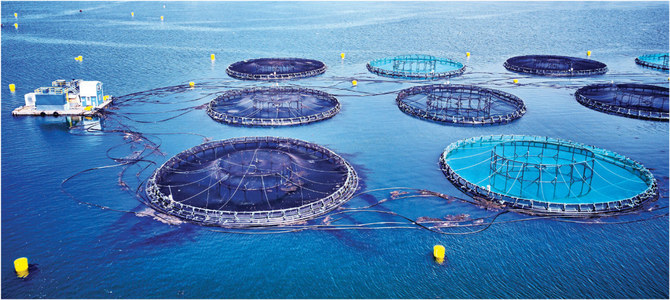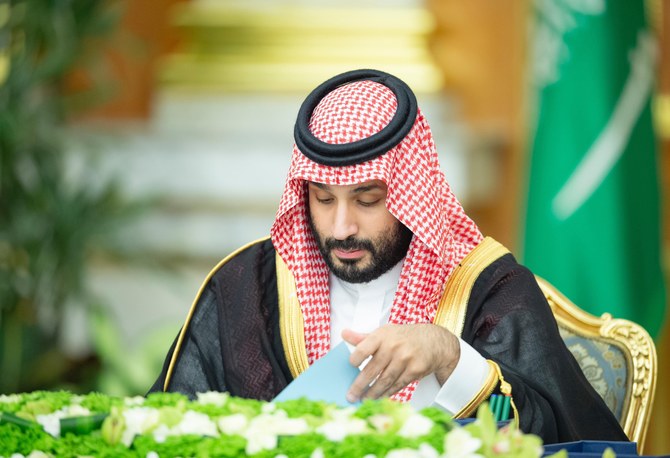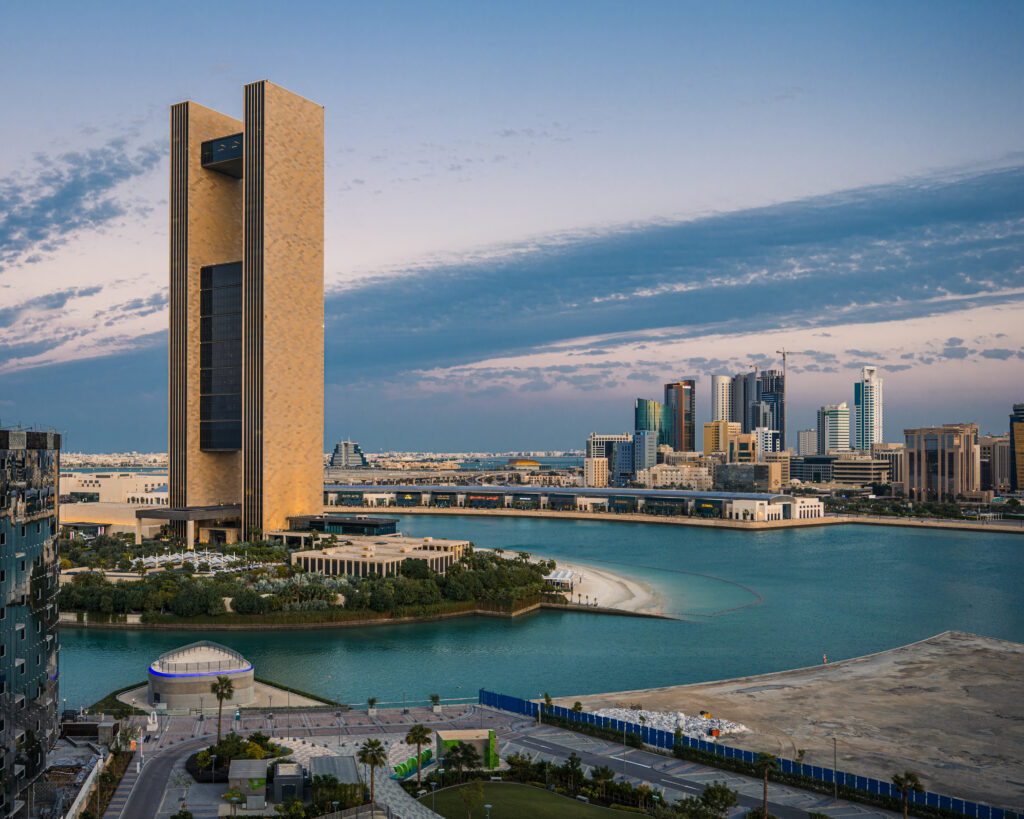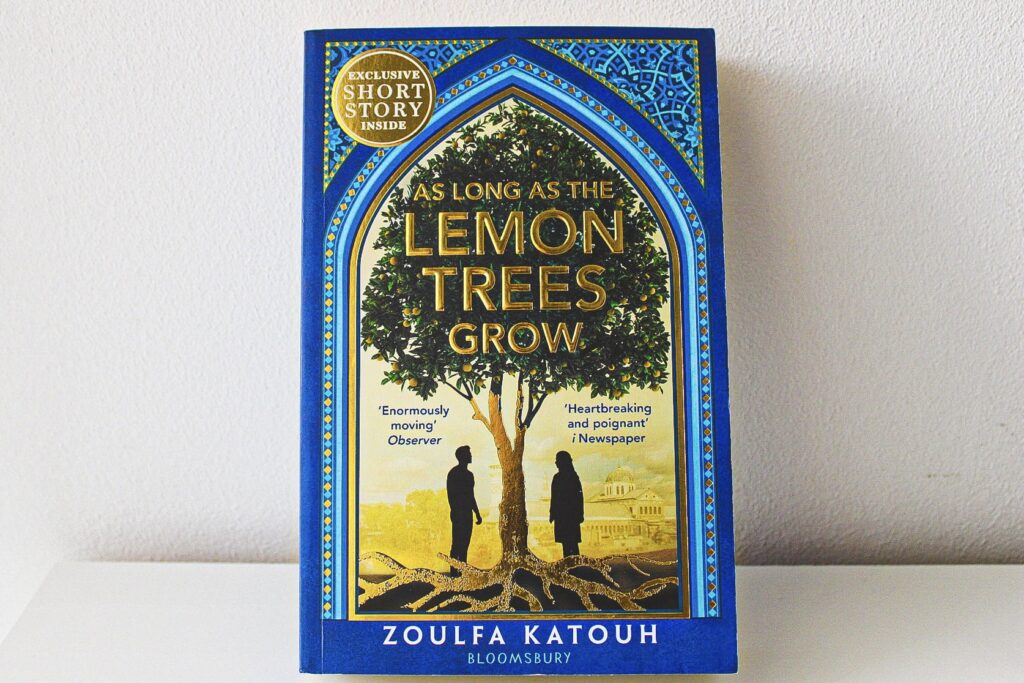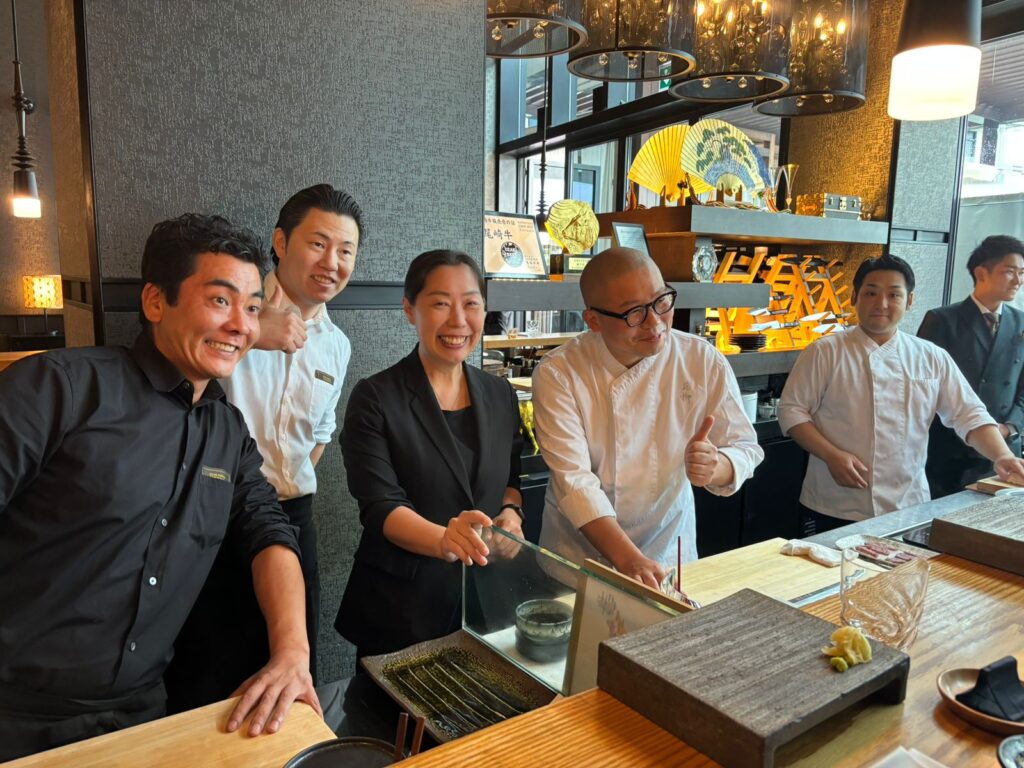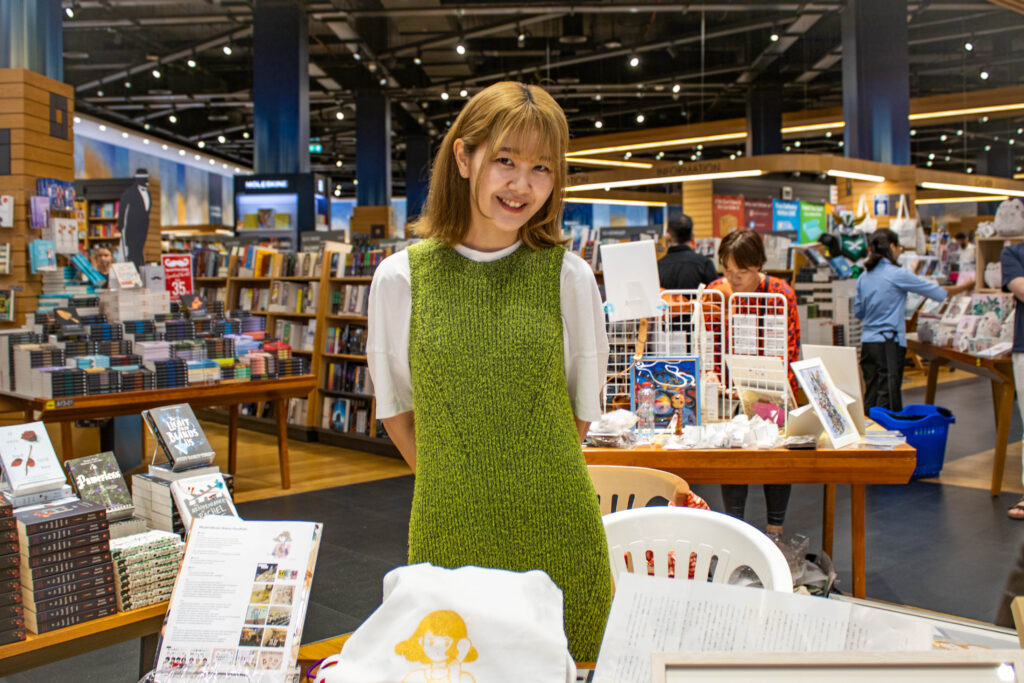RIYADH: Aquaculture — the farming, harvesting and processing of marine products — is a focal point of Saudi Arabia’s Vision 2030 program, which seeks to transition the Kingdom away from oil toward a more diversified and entrepreneurial economy.
The Saudi government aims to increase seafood production from 77,000 to 600,000 metric tons by 2030. This endeavor, with a projected investment of $3.5 billion, will involve government ministries, private and institutional investors and entrepreneurs, along with leading academic institutions.
Chief among these academic bodies is King Abdullah University of Science and Technology, KAUST, the vast postgraduate research and teaching facility located 100 kilometers north of Jeddah on Saudi Arabia’s Red Sea coast.
No other academic organization has been so active in the development and promotion of aquaculture in the Kingdom — an effort that goes back at least two decades.
One of KAUST’s initial milestones in this area was a 2012 joint venture with the National Aquaculture Group, Naqua, to carry out a range of aquaculture-related research initiatives covering shrimp genomes, water management and diseases affecting marine life, among other topics. A business development division was also created to manage the execution of commercial projects targeting both local and international markets.
The object of the venture, as articulated by Prof. Choon Fong Shih, KAUST president from 2008 to 2013, was “to contribute to the Kingdom’s sustainable food production, incorporating the holistic cycle of aquaculture and agriculture.”
In the same year, KAUST embarked upon a collaboration with the University of Arizona’s College of Agriculture and Life Sciences (UA CALS) to conduct research into “sustainable farming efforts amid growing challenges in meeting the three basic needs — food, clean water and energy.”
The US university’s director, Kevin Fitzsimmons, worked with KAUST to create sustainable shrimp and fish farms on Saudi Arabia’s Red Sea coast. Fitzsimmons expressed his gratitude for “being able to work with an institution that has state-of-the-art equipment and is conducting state-of-the-art science.”
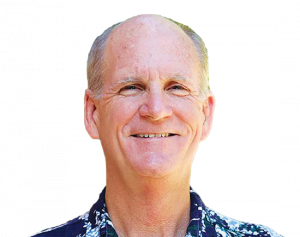
In February 2019, KAUST partnered with the The Red Sea Development Company on the Marine Spatial Planning project, an ambitious effort to conserve and enhance biodiversity across almost 1,300 square kilometers of a pristine Red Sea lagoon.
Alongside marine conservation, the project sought to open up opportunities for sustainable energy, tourism and logistics, while promoting environmentally friendly, zero-carbon aquaculture in the Kingdom.
This involved an international and Saudi cohort of biologists, ecologists and oceanographers, working with TRSDC’s team of architects, engineers and master planners “to achieve net conservation benefits in the presence of carefully planned development.”
Meanwhile, KAUST faculty, often cooperating with other prestigious institutions around the world, have published dozens of academic papers relating to aquaculture while developing their own proprietary solutions in the field of aquaculture-related biotechnology.
One such staff member is Aftab Alam, a research scientist specializing in marine aquaculture and aquaponics — a type of fish farming that uses the waste produced by fish to supply nutrients to plants, which can then be harvested and sold for human and animal consumption.
This was actually put into practice by Edward Glenn, a professor of soil, water and environmental science at UA CALS, who worked with KAUST to utilize effluent from shrimp farms to grow plant crops that can be used for direct human consumption, animal feed or vegetable oil — an example of the practical application of theoretical research, with breakthrough results.
In February 2020, KAUST electrical engineer Muhammad Hussain and his team announced the release of a small, self-powered sensor that monitors water quality and transmits data via Bluetooth. The floating cube-shaped apparatus collects information relating to pH, temperature, salinity and ammonia levels — showing how the Internet of Things can be utilized to warn of dangers to marine life, thus preventing unnecessary mortality.
These various KAUST initiatives contribute to the broader aims of Vision 2030: Enhancing “smart” agriculture, achieving a greater degree of food security for the Saudi population, encouraging the private sector and attracting foreign capital, while building a green and sustainable economy for future generations of Saudi citizens — all of which will no doubt be highlighted at the forthcoming Saudi International Marine Exhibition & Conference, to be held in Riyadh from Jan. 30 to Feb 1.
And as a proactive and energetic contributor to Saudi Arabia’s burgeoning aquaculture sector, KAUST is living up to its mission to be “a catalyst for innovation, economic development and social prosperity in Saudi Arabia and the world … and to strive to enhance the welfare of society with a special focus on four areas of global significance — food, water, energy and the environment.”



